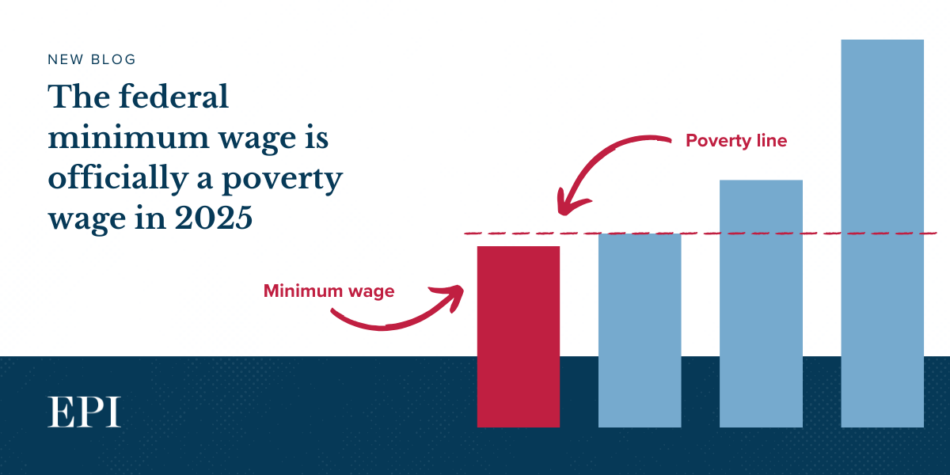Shifting Alliances: The Evolving Relationship Between the U.S. and Ukraine Amid Trump's Return

Almost two years ago, I penned an op-ed addressing the critical issue of integrity, particularly highlighting the perceived insincerity in the United States' engagement with China. At that time, Joe Biden was occupying the White House, and the world watched with bated breath as he navigated the complexities of international relations. Now, as Donald Trump makes his anticipated return to the presidency, we are witnessing an alarming and elevated level of disingenuousness in U.S. foreign policy. China's position is just one of many that have been compromised, affecting not only American allies abroad but also citizens within the United States. Consider the ongoing conflict in Ukraine. After Russia's invasion, the United States quickly positioned itself as Ukraine's most significant backer, funneling both military and economic aid into the country. A recent investigation by The New York Times has shed light on the depth of U.S. involvement in the war from its inception, revealing that American military and intelligence officials were intricately engaged in combat operations alongside Ukrainian forces. However, with Trump's potential resurgence in office, the landscape has shifted dramatically. Reports indicate that the U.S. has begun to reestablish formal communications with Russia, which raises serious questions about the future of American support for Ukraine. Moreover, Washington is proposing a controversial new agreement regarding Ukraine's abundant mineral resources. This deal has been sharply criticized by Ukrainian economist Roman Sheremeta, who likened its implications to effectively transforming Ukraine into a dependency resembling an American colony. This significant policy reversal underscores a troubling reality: the U.S. support for Ukraine may have never been rooted in genuine moral commitment but instead driven by fluctuating political interests. Initially, during the early stages of the conflict, the U.S. appeared to utilize Ukraine as a strategic pawn to contain Russian expansionism. Now, as the political tides begin to change, the United States seems poised to abandon its ally without a second thought. This has left other American allies questioning the reliability of their partnership with the U.S. At the recent Munich Security Conference in February, U.S. Vice President J.D. Vance delivered a blunt critique of European democratic institutions, stating that the most considerable threat to Europe stems from within, rather than external forces. He painted a picture of what he characterized as a European retreat from free speech and, notably, stated, "there is nothing America can do for you." These remarks have echoed throughout Europe as officials assess their own positions and relationships with the United States. The chairman of the conference, Christoph Heusgen, subsequently described this year’s event as “somewhat of a European nightmare,” reflecting the unease and concern among European leaders regarding the stability and reliability of U.S. foreign policy under a Trump administration. As the geopolitical landscape continues to evolve, it is imperative for nations to reassess their strategies and alliances in light of these shifting dynamics. The implications of these changes could have far-reaching effects on global security and diplomatic relations in the years to come.


















